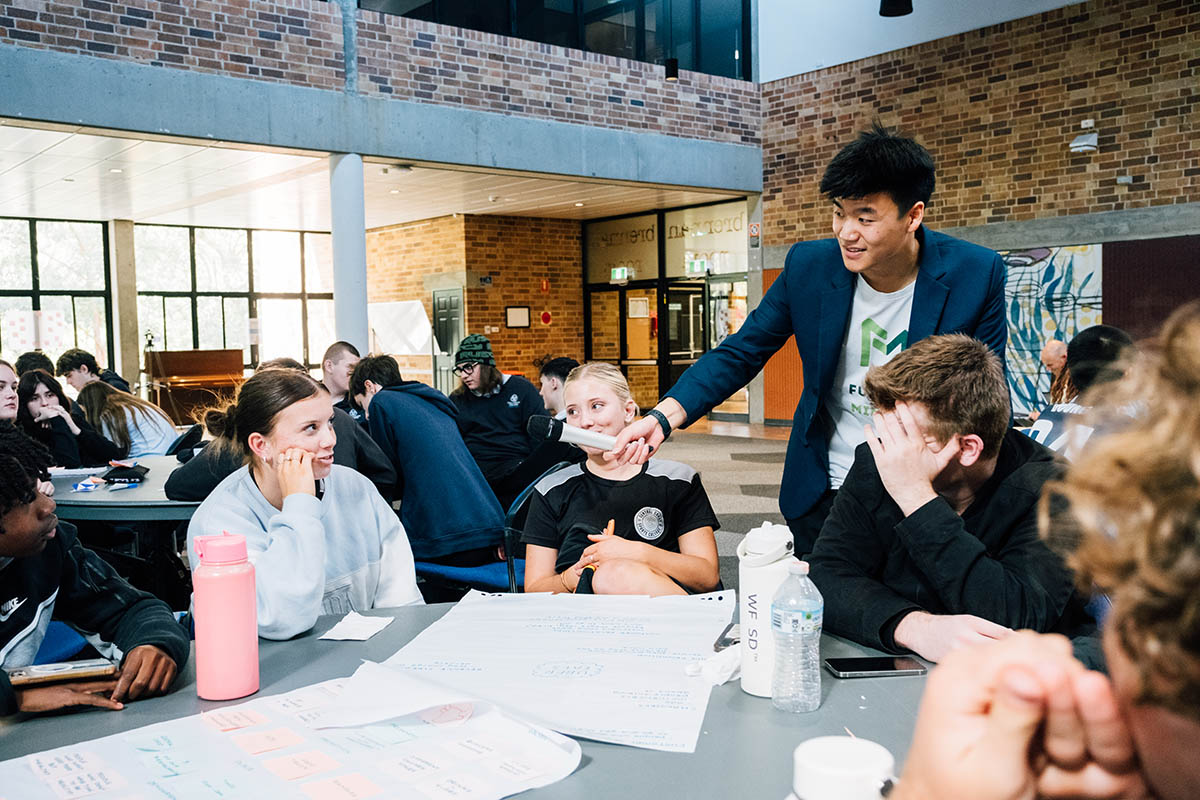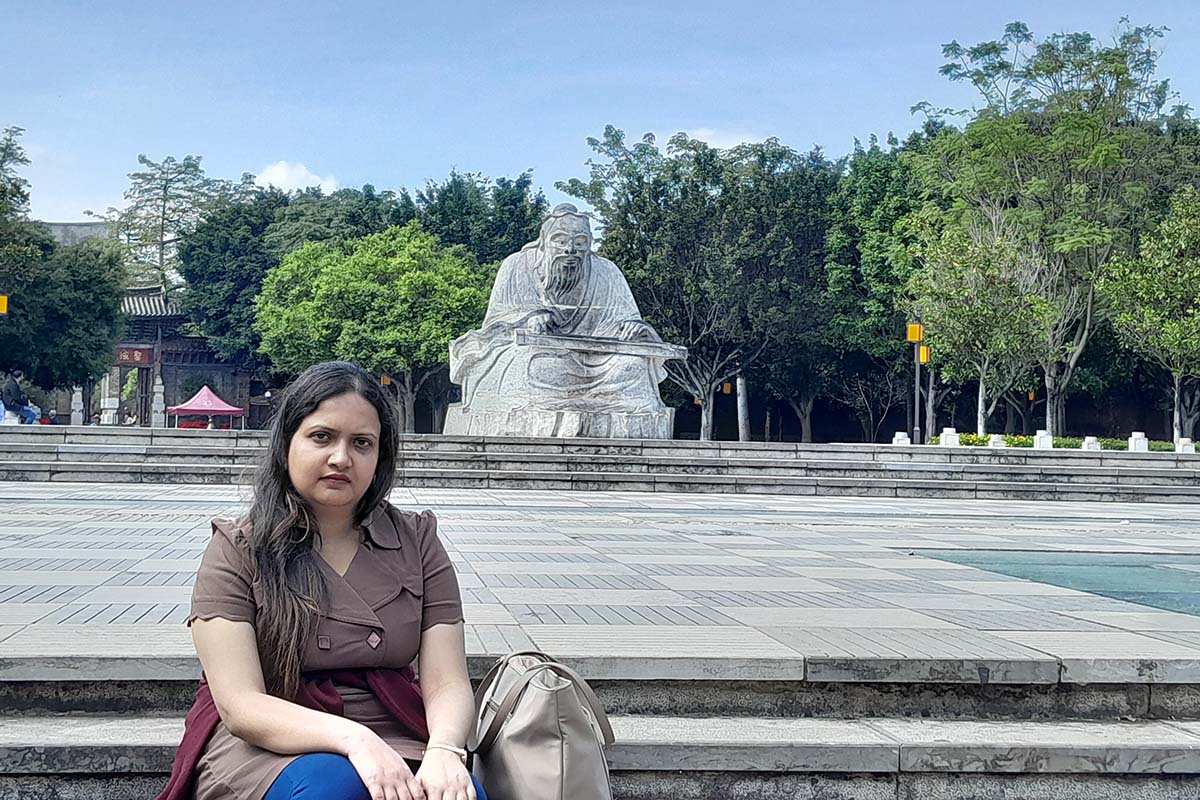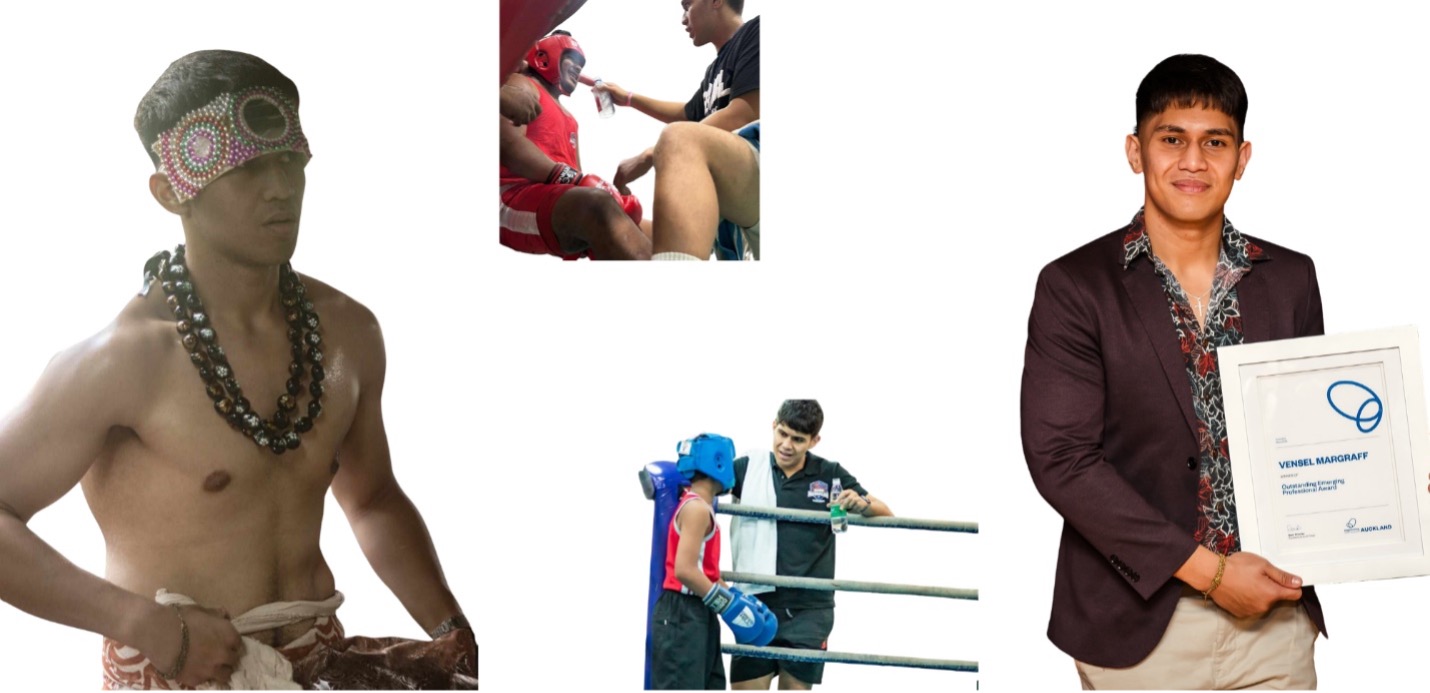A Year of Youth Spotlight Series – Nathaniel Diong of Australia
August 17A Short Bio About Yourself
My name is Nathaniel Diong, and I live in Australia. I’m 23 and the founder & CEO of Future Minds Network. Today, Future Minds has empowered 13,000 young people with the skills to find jobs and launch their own ventures. This includes starting 3D-printing businesses, advanced software applications and charities supporting 10,000 elderly residents.
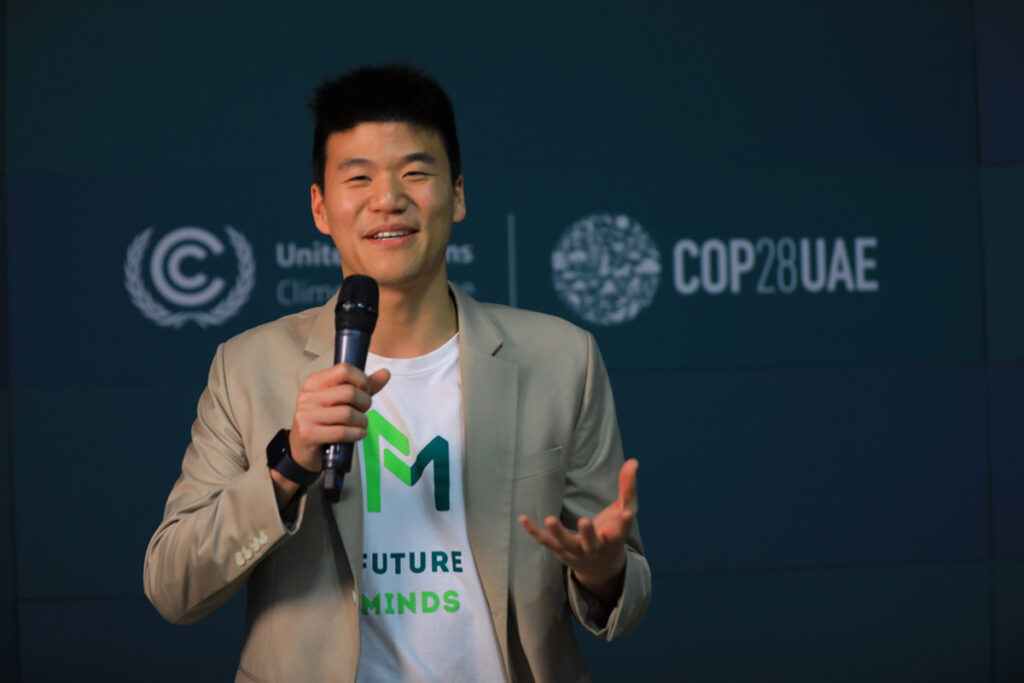
I am also the curator of Gen Z Labs, which has supported companies across 11 countries (UK, US, Thailand, Singapore, Korea, Vietnam, Malaysia, China, Dubai, Australia, Mauritius) in attracting next-generation talent. These include companies like Cartier and Ferrero Rocher and international development organisations like UN Women.
Over the years, I’ve been honoured to be on the Forbes 30 Under 30 list, Victoria’s Young Achiever of the Year awards and even a finalist for Young Australian of the Year.
You must be the change you wish to see in the world
Mahatma Gandhi
Tell us a little about your event/project (how it came about, number of young people benefited and impact it had)
In 2017, I attended my first hackathon, and it changed my life. I was amazed by how someone could transform a post-it note idea into reality. How they solved problems in innovative ways. I wanted to bring this experience into the classroom, so at age 16, I decided to run my first hackathon for 100 people and 5 schools across Victoria. That’s when I founded Future Minds Network.
Over 10 weeks, we helped students develop innovative leadership projects to address the 17 Sustainable Development Goals (SDGs). They participated in business skills workshops, simulations and industry networking.
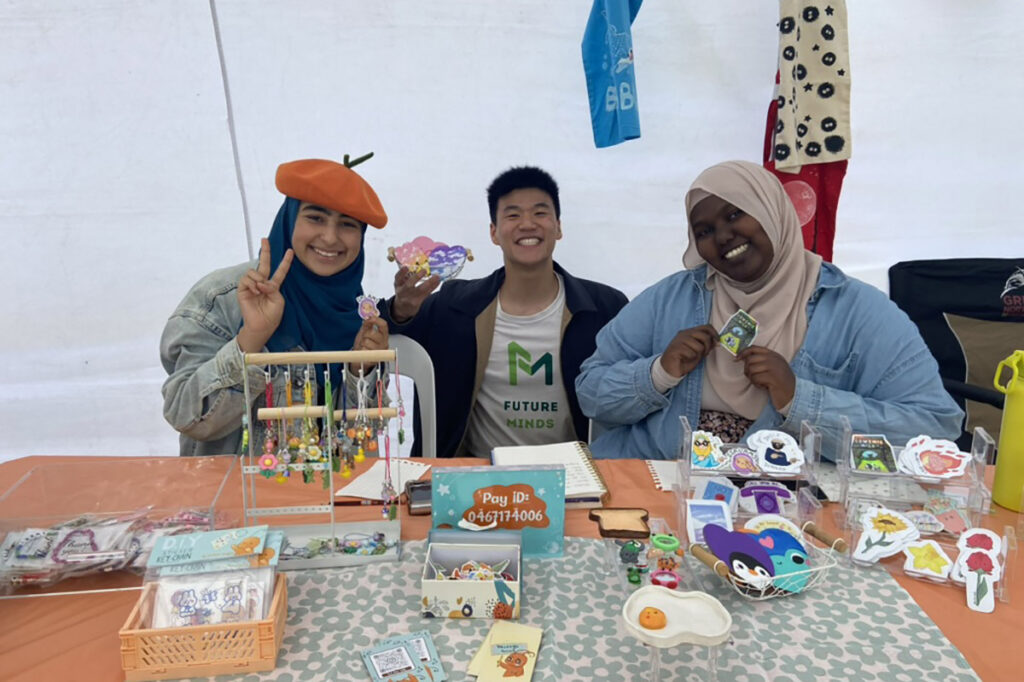
Each group was paired with an industry mentor, who allowed them to scale their projects and prepared them for success in the tech sector. Through these relationships, the students forged critical industry connections and networks they otherwise would not have access to.
The program culminated in a pitch night, where we celebrated their ideas, creativity, and resilience. They met incredible social entrepreneurs, investors and mentors who inspired them to believe in themselves. Since our first program, 80% of students have enrolled in higher education, and many have continued their own businesses. 95% of lower socioeconomic status youth and schools recommended the program to other schools, and 92% of participants report increased entrepreneurial skills, confidence, and leadership abilities.
They have remained actively involved for over five years, seeking ongoing support and guidance. This includes helping them secure internships, pursue further education, and grow their small businesses.
Now in 2024, we’ve continued to grow and scale our programs across Australia, impacting over 13,000 young people with a second chance to learn the skills they need to face the future.
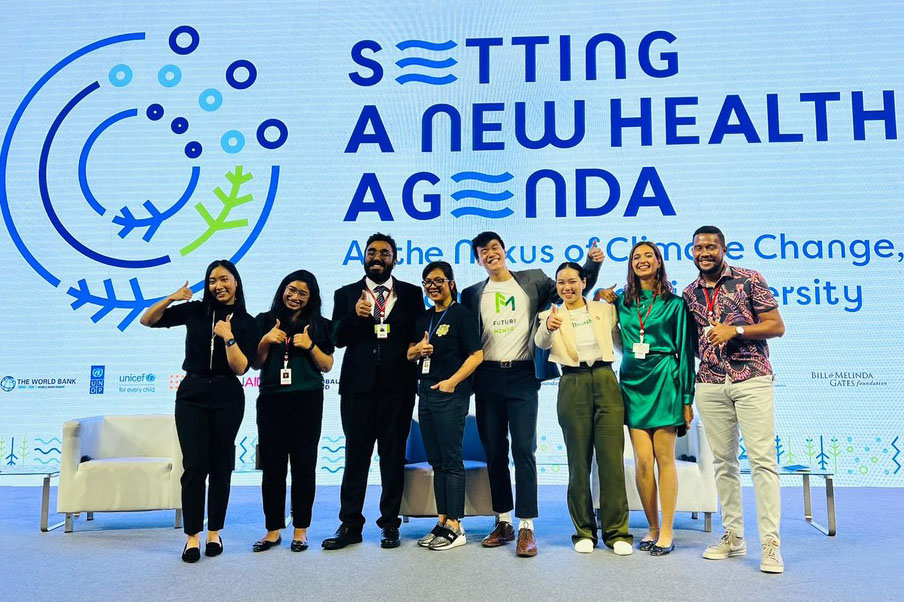
What inspired you to work on this particular issue?
Growing up, I was terrified of what the future might hold. I watched as my parents worked three jobs to support us, enduring permanent injuries. My mom was bedridden for a year, unable to move. They had no option but to work hard, having never finished high school. Their struggles showed me the importance of education in building a better life.
Since then, I’ve dedicated my career to championing access to quality education and gainful employment. Over the past six years, I have helped young people around the world (US, UK, Australia, Estonia, Finland, Singapore, Thailand) develop the technological and social skills needed to secure jobs and enhance their lives.
For me, education does not just shape what you know, but who you are and how you show up in the world.
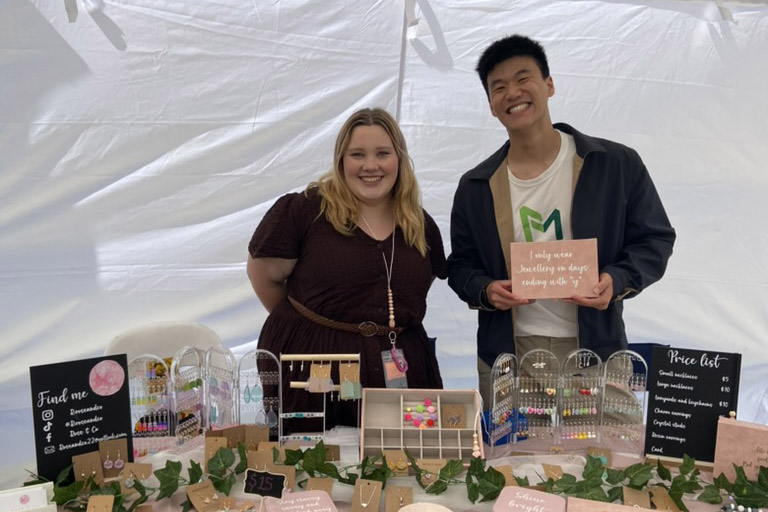
Why should your country/community address this issue?
Right now, 3 out of 4 young Australians lack the essential job skills needed by employers, leading marginalised young people to fall through the cracks. No employment means limited access to healthcare, housing, and food. Employment is not just about work, it is about the livelihoods of our people.
What was the most memorable moment during the event/project?
On our first day, everything that could go wrong, went wrong. Our room was triple-booked and when we arrived, our projector broke down. To add to the chaos, an entire school with 15 students arrived without informing us.
I vividly remember finishing the hackathon and thinking, “This is the worst thing I’ve ever done.” However, after reading the feedback, I was shocked to see the love and support. Young people wanted to see more programs like these in their schools to prepare them for the future.
That’s when I realised we were on to something. That first day has been a powerful reminder that things may not work out the way you plan them, but that’s okay. It is better to start and do it imperfectly than not to start at all.
What is your vision for this project?
Future Minds is a growing social enterprise. Our vision is to provide every young person with meaningful employment opportunities, regardless of their background.
In the next few years we hope to:
- Invest in technology to expand new digital training programs, including the AI Jobs Academy.
- Grow our volunteer team, which will allow us to increase the number of participants, and provide more extensive support services.
- Partner with governments, international businesses, and philanthropists to expand our programs to another 10,000 young people.
What keeps you motivated?
Seeing young people regain confidence and faith in themselves.
Tell us an unusual fact or piece of trivia about yourself?
I’m slowly mastering three board sports: skating, surfing and snowboarding. I’m yet to complete all four elements, but lavaboarding is next on my list!
What is your favourite quote?
“You must be the change you wish to see in the world.”
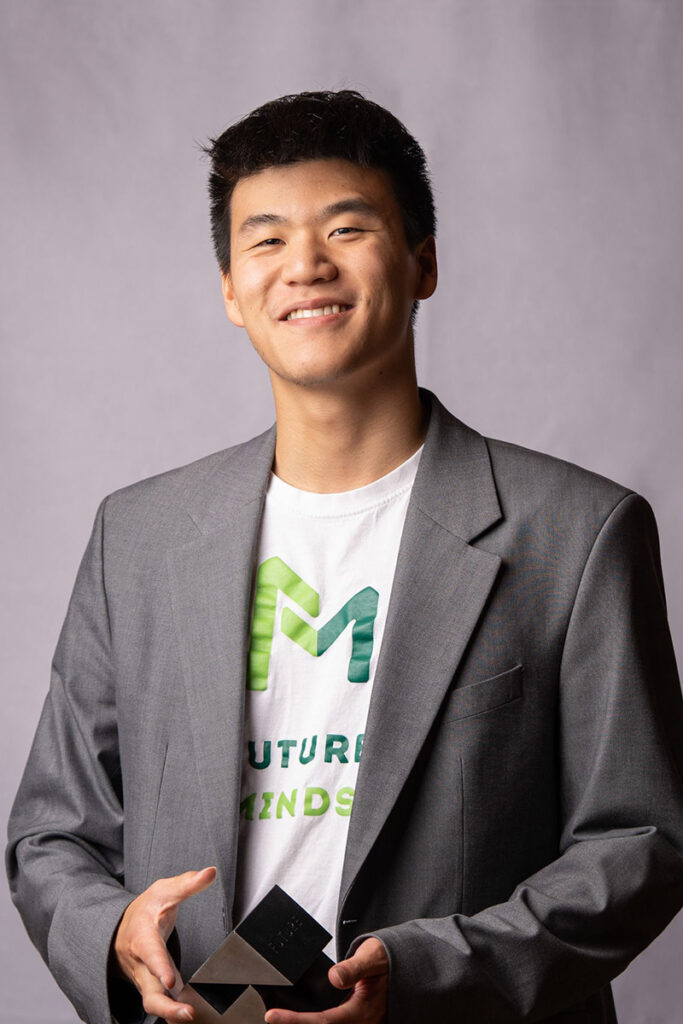
What youth issue should be a priority for the Commonwealth Youth Programme and why?
Education should be a primary priority for the Commonwealth Youth Programme (CYP).
Firstly, education forms the cornerstone of individual and societal development. Access to quality education empowers young people with essential knowledge and skills, enabling them to contribute effectively to their communities and economies.
Secondly, many Commonwealth countries face challenges related to equitable access to education, particularly for marginalised youth, including those from rural areas, low-income families, and minority groups. Addressing these disparities through targeted programs can promote social inclusion and reduce inequalities.
Thirdly, in an increasingly interconnected world, education is critical for enhancing the global competitiveness of Commonwealth countries. Investing in quality education ensures that youth are prepared to engage in international markets and contribute to global innovation and development.
